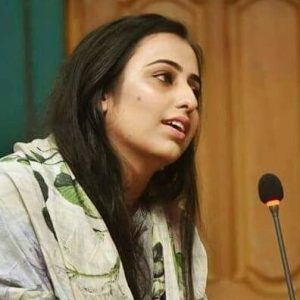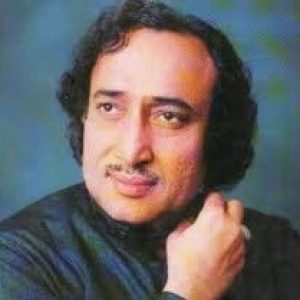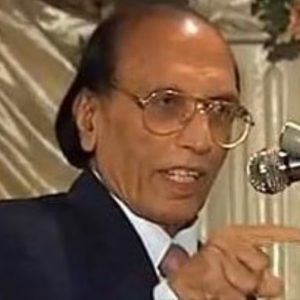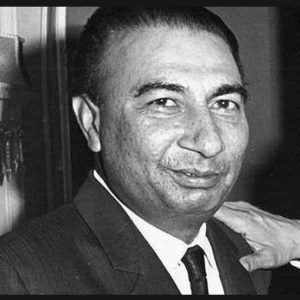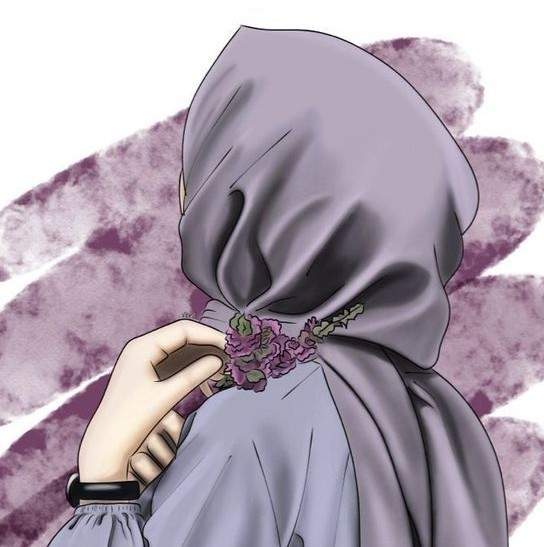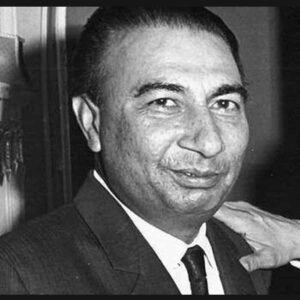
Sahir Ludianvi
Born in : Ludhiana, India
About The Poet
Born on March 8, 1921, in Ludhiana, Punjab (then British India), Sahir Ludhianvi—born Abdul Hayee—was one of the most iconic and influential Urdu poets of the 20th century. A revolutionary voice in Indian poetry and cinema, Sahir’s work bridged romantic lyricism with sharp social commentary, earning him a lasting place in literary and popular culture alike.
Literary Style & Themes
Sahir Ludhianvi’s poetry was deeply emotional yet intellectually piercing. He could romanticize love and simultaneously critique its illusions. He brought a voice of protest and introspection to Urdu literature, combining poetic elegance with political and philosophical urgency.
His poetry explored:
The pain and contradictions of love
Class struggle, poverty, and human exploitation
The futility of war and nationalism
Feminine dignity and emotional depth
Longing for a more just, compassionate world
He refused to separate the personal from the political. Even in love poems, he often exposed the underlying social hypocrisies and emotional hierarchies.
Recognition & Influence
Sahir rose to fame as a film lyricist in Hindi cinema, where his poetry reshaped the language of film songs. Unlike conventional songwriters, he demanded that music be composed after his lyrics were written—a rarity that showed the literary power he wielded.
His work in films like Pyaasa, Kabhi Kabhie, Taj Mahal, and Phir Subah Hogi was revolutionary—using commercial platforms to bring poetic activism into the mainstream.
He won multiple awards, including the Filmfare Award for Best Lyricist, but more than accolades, his impact was felt in how he changed hearts and stirred minds.
Notable Works
His poetry collections such as Talkhiyan became literary landmarks. Some of his most quoted and beloved verses include reflections like:
“Main pal do pal ka shayar hoon…”
“Jinhe naaz hai Hind par woh kahaan hain…”
“Chalo ek baar phir se ajnabi ban jaayein hum dono…”
“Woh afsana jise anjaam tak laana na ho mumkin…”
These lines still echo in poetic gatherings, films, and the private hearts of readers and lovers of Urdu verse.
Legacy
Sahir Ludhianvi’s legacy is profound and multifaceted. He was not just a poet of love or protest—he was a poet of conscience. In a world often divided between heart and mind, Sahir offered a third way: to feel deeply and think critically.
He gave voice to the silenced, challenged the powerful, and made poetry accessible without ever compromising its depth. Even decades after his passing in 1980, his words continue to live—relevant, resonant, and revolutionary.
Sahir was not merely a poet of his time—he was a poet ahead of his time. And perhaps, a poet for all time.
- Born on : March 8, 1921
- Died Location: Mumbai, Maharashtra, India
- Died: October 25, 1980
- Born Location: Ludhiana, Punjab (then British India)

